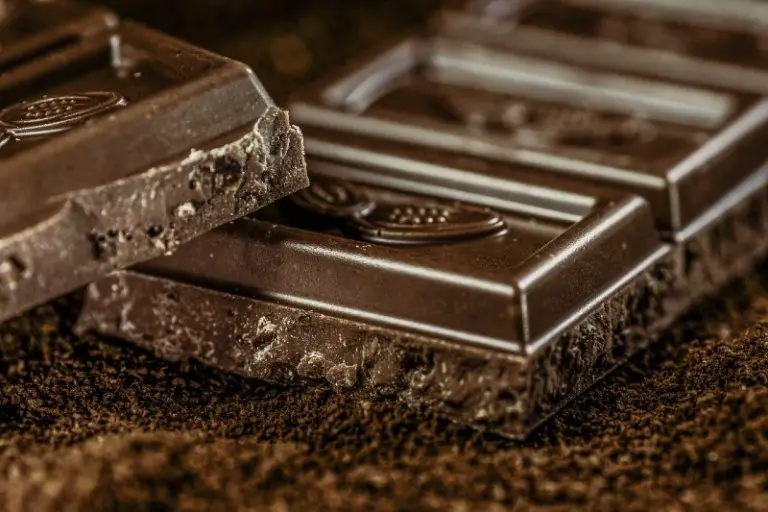Game In The Orchard
I find one of the very best ways of cooking game is with orchard fruits. The matching of the flavours of game and fruit is one that can be read about in manuscripts dating as far back as the 11th century, in medieval times, and it makes complete sense. Pheasants, pardriges and quails would often be reared in land adjoining orchards, or if they were wild birds they would feast on the fruits grown on hedgerows. That which grows together goes together is a very apt saying: the richness of the meat is foiled with the sharpness and the sweetness of fruits.
I buy half a dozen grouse just after the Glorious Twelfth (12th August) and place them in separate plastic bags in the freezer. That way they will be soft and succulent and last me until the New Year, at a rate of one a month. Grouse bought late in August or September tend to be tougher and drier.
I purchase partridges, pheasants and wood pigeons from a local game dealer, who is very conscientious about selling only the very best meat, plucked and hung properly. I slice apples, pears, plums or quinces and place a layer of them at the bottom of a roasting pan. I then scatter some raisins, bay leaves and a little bit of sea salt and pepper over them. I place the bird on top of the fruit, place a few knobs of butter under and over its skin and season the flesh. I then pour just a little Port or Madeira over the flesh, and roast the bird in a hot oven (180 degrees C – 200 degrees C) for about 15-20 minutes, depending on the size.
Approximately half way through the cooking I pour a little more Port or Madeira over the bird and I cover the roasting tin with foil if the fruit is starting to burn. You can see if the bird is cooked, by piercing the thickest part (normally the upper thigh) with a skewer: if you do not like your meat pink then the fluid that rushes out should be completely clear.
I serve the bird with the fruit and juice at the side, and normally all that you need extra is some bread to mop up all the juices.
The Patient Plotter
Since retiring from the City, The Patient Plotter grows fruit, vegetables and herbs in a quiet garden in the Shires. He has left behind him the hurly burly of the big smoke, the bright lights and fancy food, for a life of contemplative meditation and sustainable horticulture.

